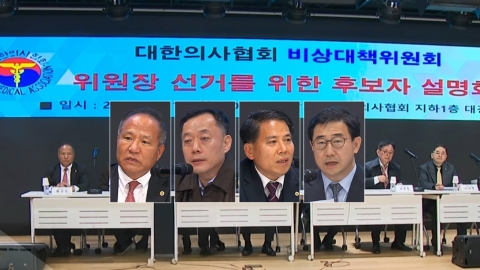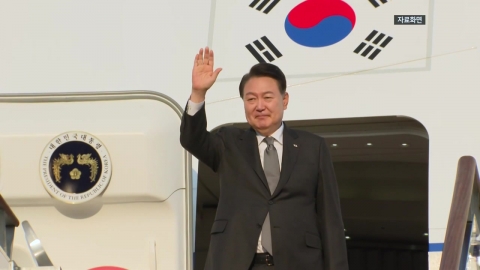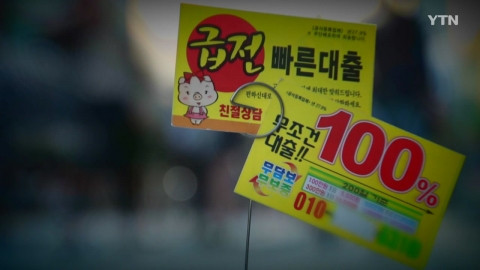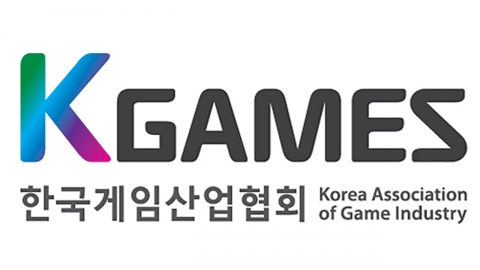On Monday, November 4, the start briefing will begin.
First, the Dong-A Ilbo.
'Drunk Drive Start Locker', a technology that dramatically reduces drunk driving. In California, the United States, starting locks are mandatory even for first-time drunk driving offenders. As a result, the recidivism rate has decreased by 70%. Drunk driving start lockers are also called IIDs for short. The key is that if you don't pass the IID's drinking test, you don't start the engine itself. In addition, the driver has to pay for the installation and maintenance of the device. California was the first country in the world to introduce IIDs. Starting in 2019, IIDs will be required to be installed even if you get drunk driving once. It is currently introduced in 36 states in the United States, and the effect is perfect.The recidivism rate of
decreased by 70%, and the number of drunk driving deaths decreased by 19%. It's been in effect in our country since last month. It applies to people who have drunk driving more than twice within five years. The IID conditional license will be issued in earnest from October 2026. The newspaper published an interview with a U.S. citizen who said, "I was caught once in my life, but I'm not driving after drinking again because I'm financially and mentally damaged." DUI that you should never do no matter what. I hope it will be reduced in Korea due to the introduction of IID.
Next is the Seoul Shimbun.
Adolescents' smartphone addiction problem is serious worldwide. Schools in more than 50 countries are implementing 'digital commas', or smartphone restrictions. In Korea, a bill to ban smartphones in schools has also been proposed. Domestic teenagers' dependence on smart devices is a serious situation. The percentage of adolescents at risk of dependence on smartphones is 40%. 37% of teenagers also have difficulty controlling short form usage time. Smartphone addiction reduces brain power and negatively affects physical and mental development such as depression. When the related bill was proposed, the government, parents, and teachers' organizations agreed, saying they sympathized with the purpose. Similar regulations are already in place in schools in more than 50 countries, including France and the United Kingdom. Over-dependence on smartphones not only adversely affects the body of adolescents, but also leads to infringement of learning rights and teaching rights. Let's see if the 'phone out of school' law will accelerate in Korea.
Next is the Chosun Ilbo.
The sound of rupture is heard all over the country over the relocation of the military airport. It is said that the military airport has become a nuisance due to real estate development. Let's look at the contents. First of all, the place where the conflict stands out is Gwangju Military Airport. Gwangju Metropolitan City intends to move both the civilian and military airports of Gwangju Airport to Jeonnam. The leading candidate is Muan-gun, where the international airport is located. However, the relocation project itself is drifting because it will only accept private airports due to strong opposition from residents. The relocation of Suwon-gun Airport also effectively stopped due to opposition from Hwaseong residents. Cost and business issues are holding back TK's new airport. Daegu City plans to build a new airport in Gunwi-gun and Uiseong-gun, Gyeongsangbuk-do. Currently, a 100-story shopping mall is being promoted on the site of Daegu Airport, which costs more than 11 trillion won to relocate the integration alone. However, there are no private companies participating because they do not have business feasibility. Local governments are struggling with opposition from former local residents and budget issues. Some say that the military airport, the core of the Air Force operation, has been turned into a repellent facility and a nuisance due to the logic of development.
This time, it's Hankook Ilbo.
An increasing number of local governments are providing various benefits for childbirth and childcare, such as special leave, promotion, and retirement age extension. The purpose is to create a culture that is friendly to childbirth and childcare by starting with the public office in the era of ultra-low birth. Typical examples are special vacations or working from home. In South Gyeongsang Province, parents in the lower grades of elementary school will be given a special vacation of up to 12 days per year. Pohang City decided to provide different working days from home according to the number of children. If you have four children, you work from home four times a week. Some local governments extend the retirement age of public workers. It takes into account the delayed age of childbirth. Some places give additional points for personnel evaluation to public officials who have given birth to children and give exceptional promotion preferential treatment. The Incheon Tourism Organization is promoting employees who give birth to their third child regardless of grade or annual leave. Last month in Ulsan, a firefighter father who raises five sisters made a special promotion for the first time in the country. However, there is also a controversy over equity over the additional points for multi-child promotion. The purpose of encouraging childbirth is good, but it may cause some concerns about reverse discrimination and antipathy. The newspaper also provides expert advice that it is necessary to think about universal and rational measures.
Let's look at the last JoongAng Ilbo.
It is an article that points to the loss insurance and non-payment treatment systems that have become difficult to control. Medical institutions with a lot of non-benefit check by saying, "You signed up for real insurance, right?" and induce consumers to overspend medical care. Some patients are not burdened by the loss insurance money, so they get a 100,000 won nutritional injection even if they don't get sick. About 56% of the increase in non-benefit medical expenses is due to real loss insurance. Mainly, treatment or injection of musculoskeletal diseases such as manual therapy is a non-benefit item that pays a lot of loss insurance. Doctors are flocking to dermatology, ophthalmology, and plastic surgery clinics with many non-payments, and essential medical care is becoming poor. In this way, there are more medical institutions that exploit the loopholes of real-life insurance. Last year, the amount of loss insurance payments doubled in six years to 14.1 trillion won. Medical technology continues to emerge, and non-payment items are poured out. Even if you try to make it 'unpaid', it's not easy. The newspaper likened the system to a "mole game" that pops up from another when pressed in one place. The newspaper points out that the Ministry of Health and Welfare and the Financial Services Commission are neglecting the responsibility. It is difficult to find a non-payment system like Korea in foreign countries. The newspaper also published expert advice that the government needs to intervene more actively and identify the total number of non-payments.
I looked at the newspaper on the morning of November 4th.
This has been the start briefing.
※ 'Your report becomes news'
[Kakao Talk] YTN Search and Add Channel
[Phone] 02-398-8585
[Mail] social@ytn.co.kr
[Copyright holder (c) YTN Unauthorized reproduction, redistribution and use of AI data prohibited]
Society
More- Incheon Theme Park Land Polluted Land Found Guilty of Booyoung Housing
- [Preview] Officer 'Damage and Abandonment' personal information will be released today.
- D-1 College Scholastic Ability Test...Even if you avoid this, you'll be able to show your skills.
- Volcanic ash, flight back to Bali...2000 Generation Power Outage in Daejeon









